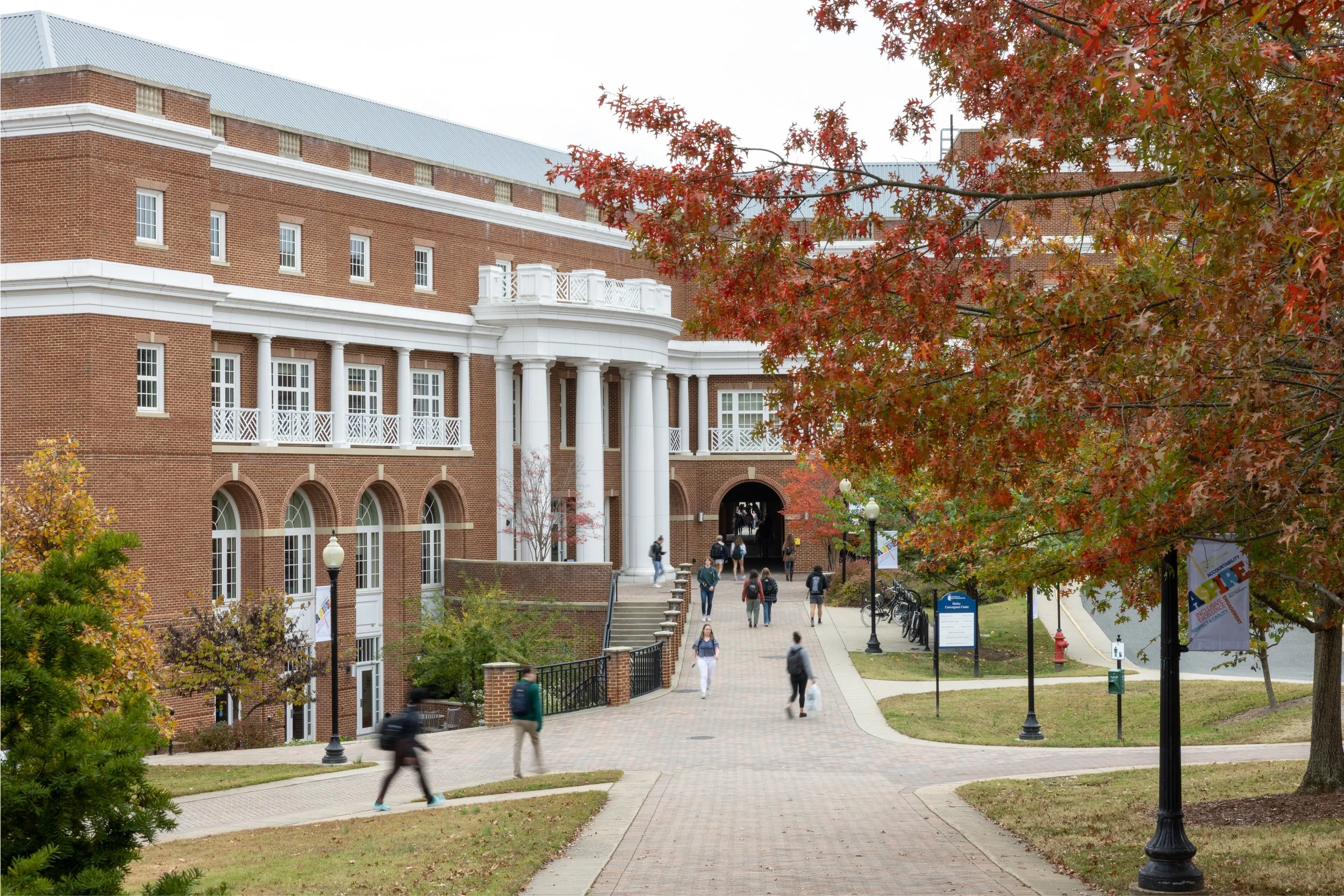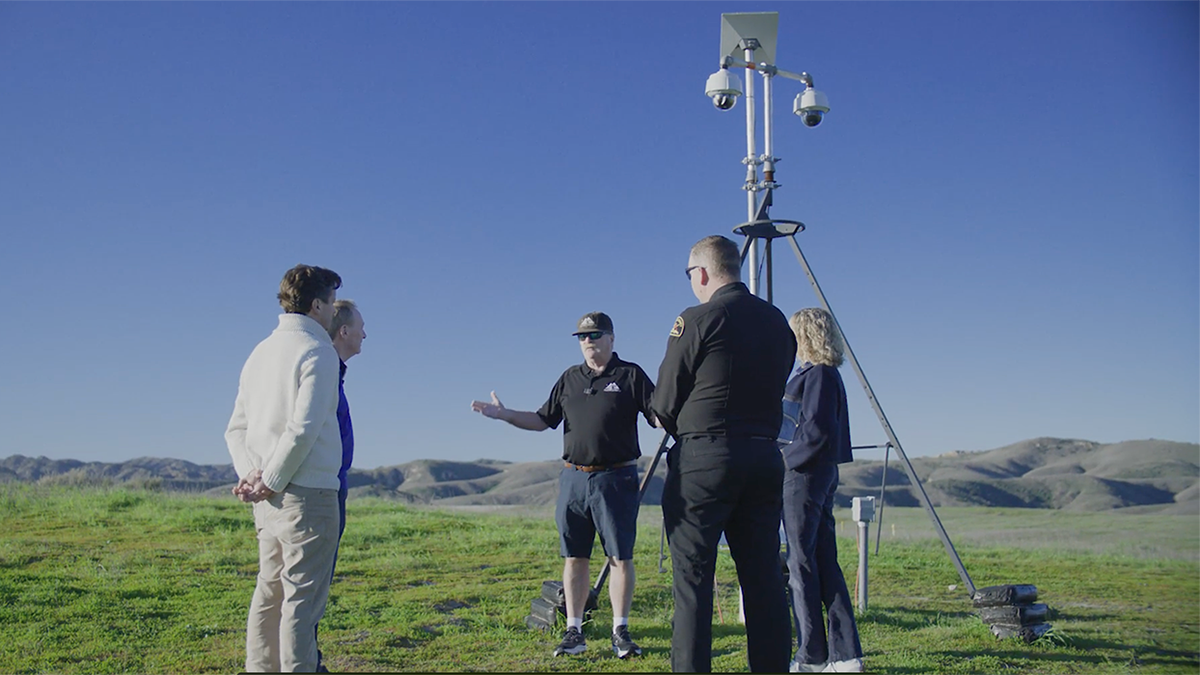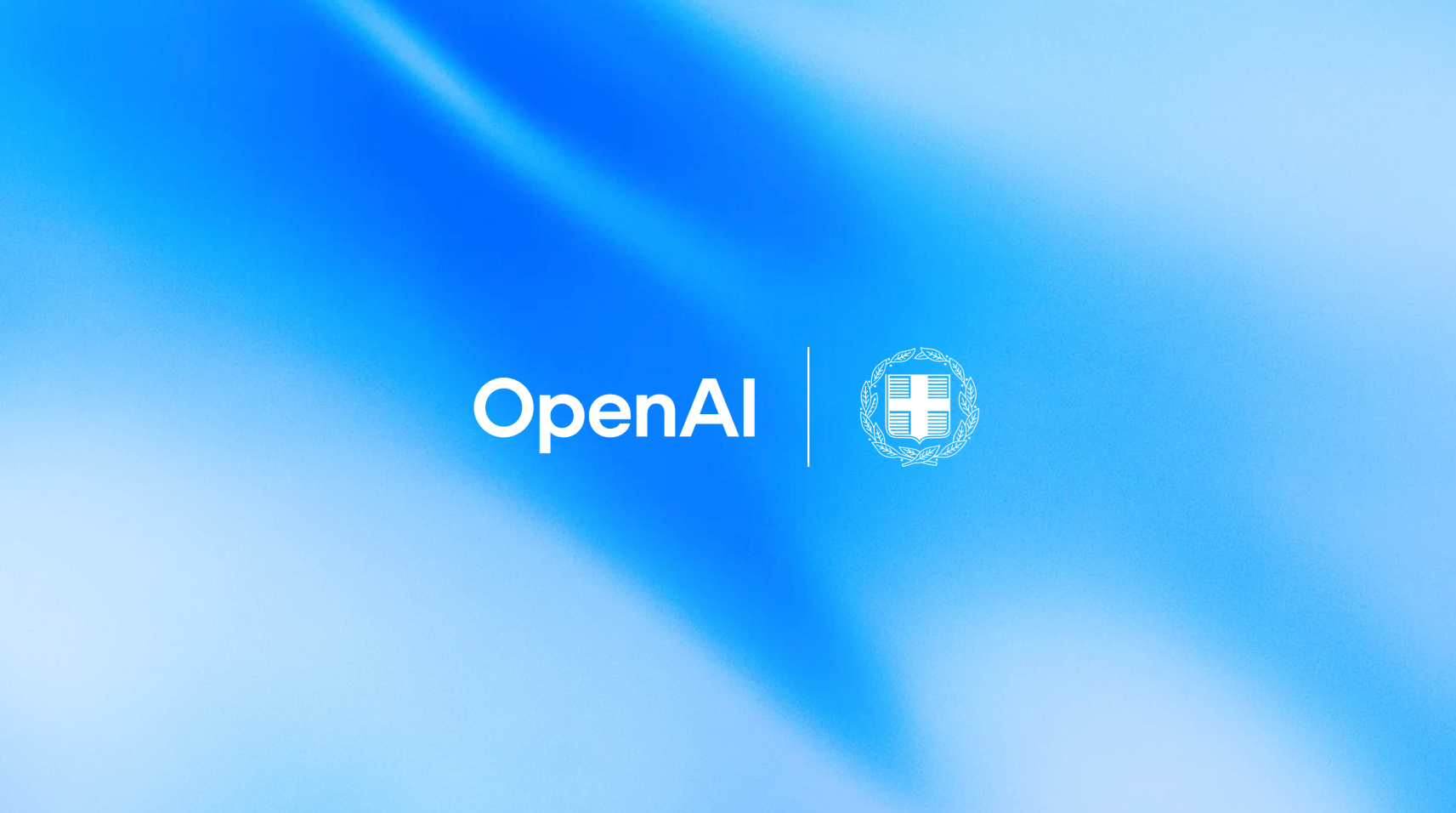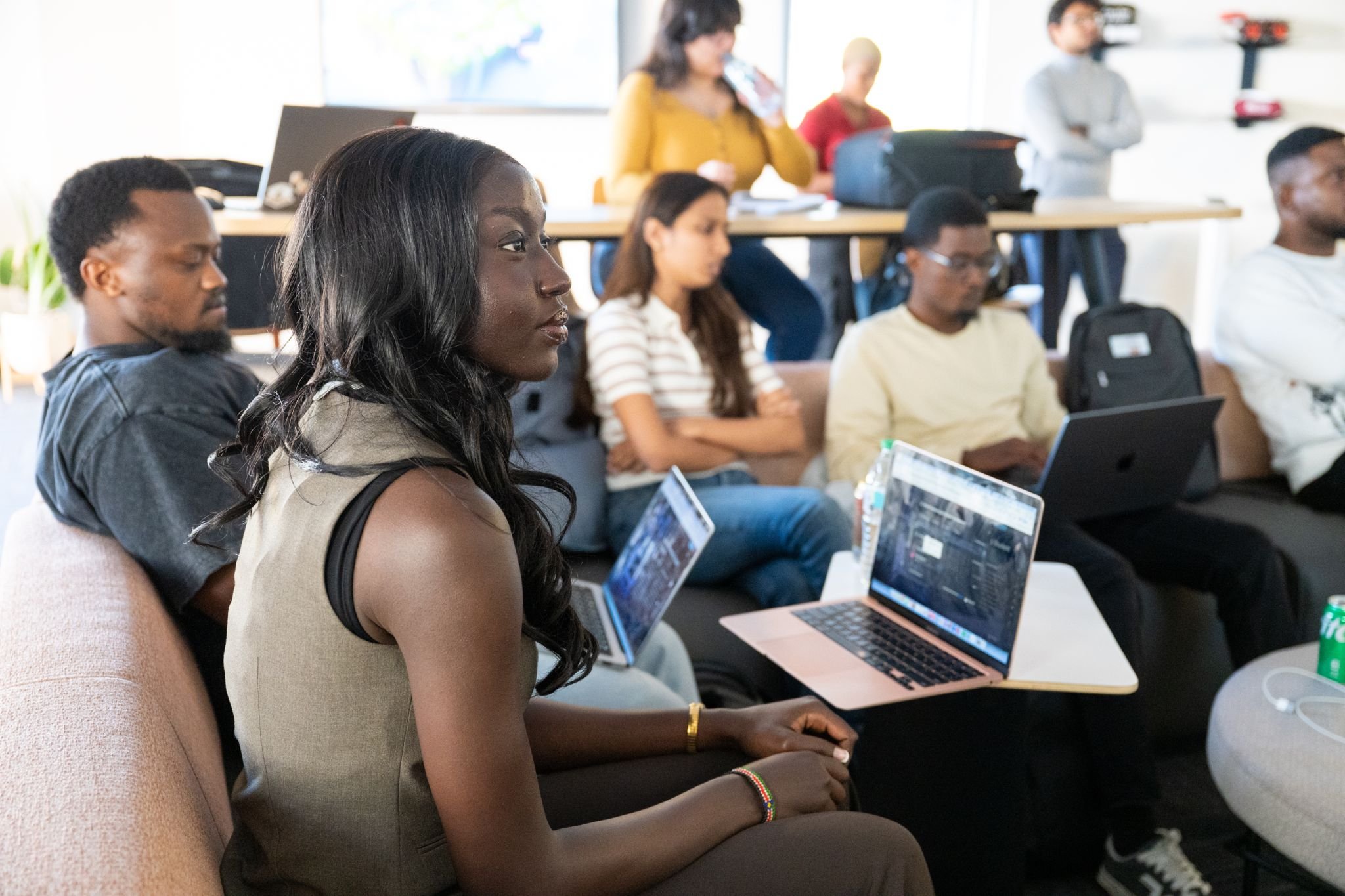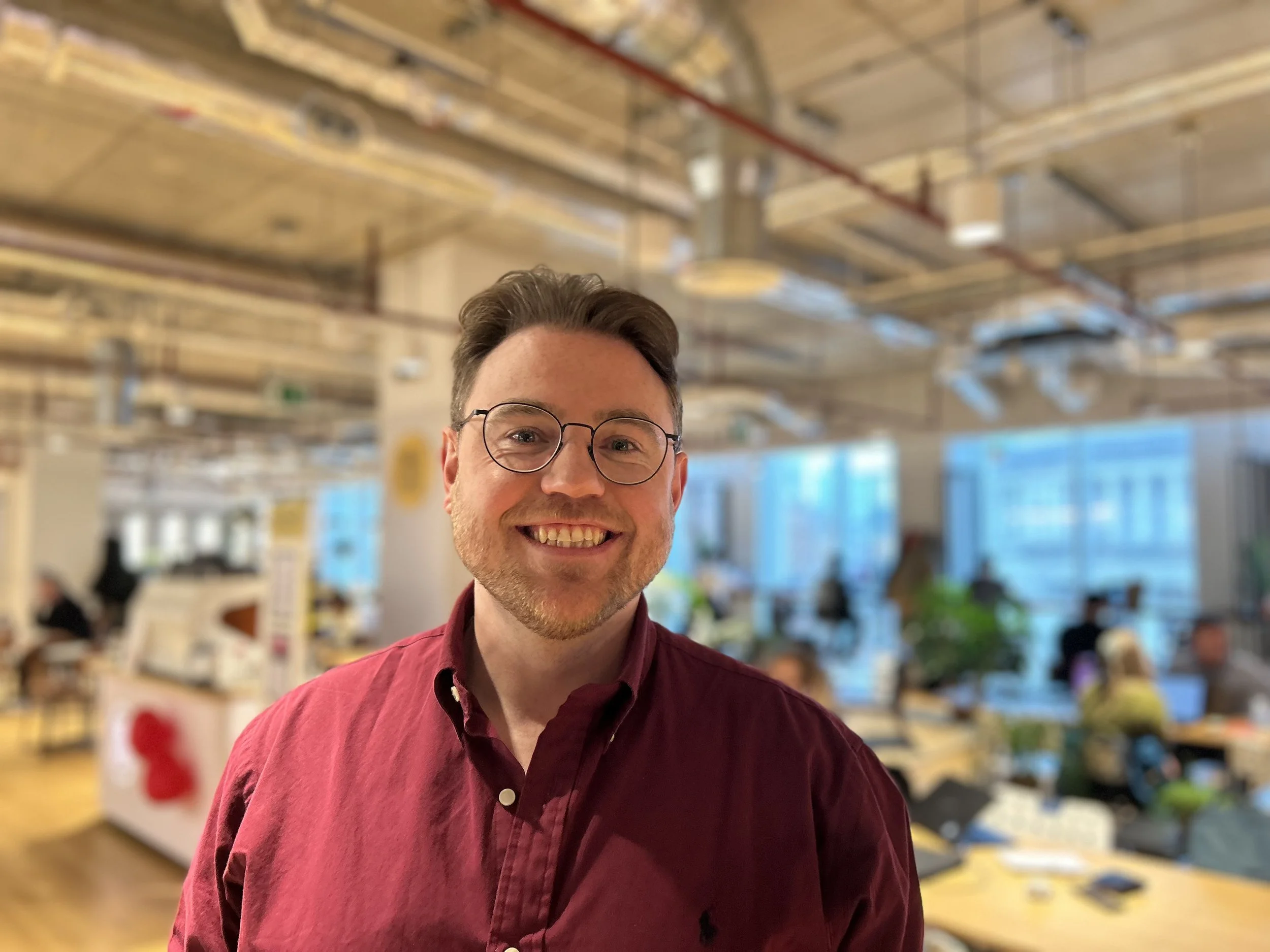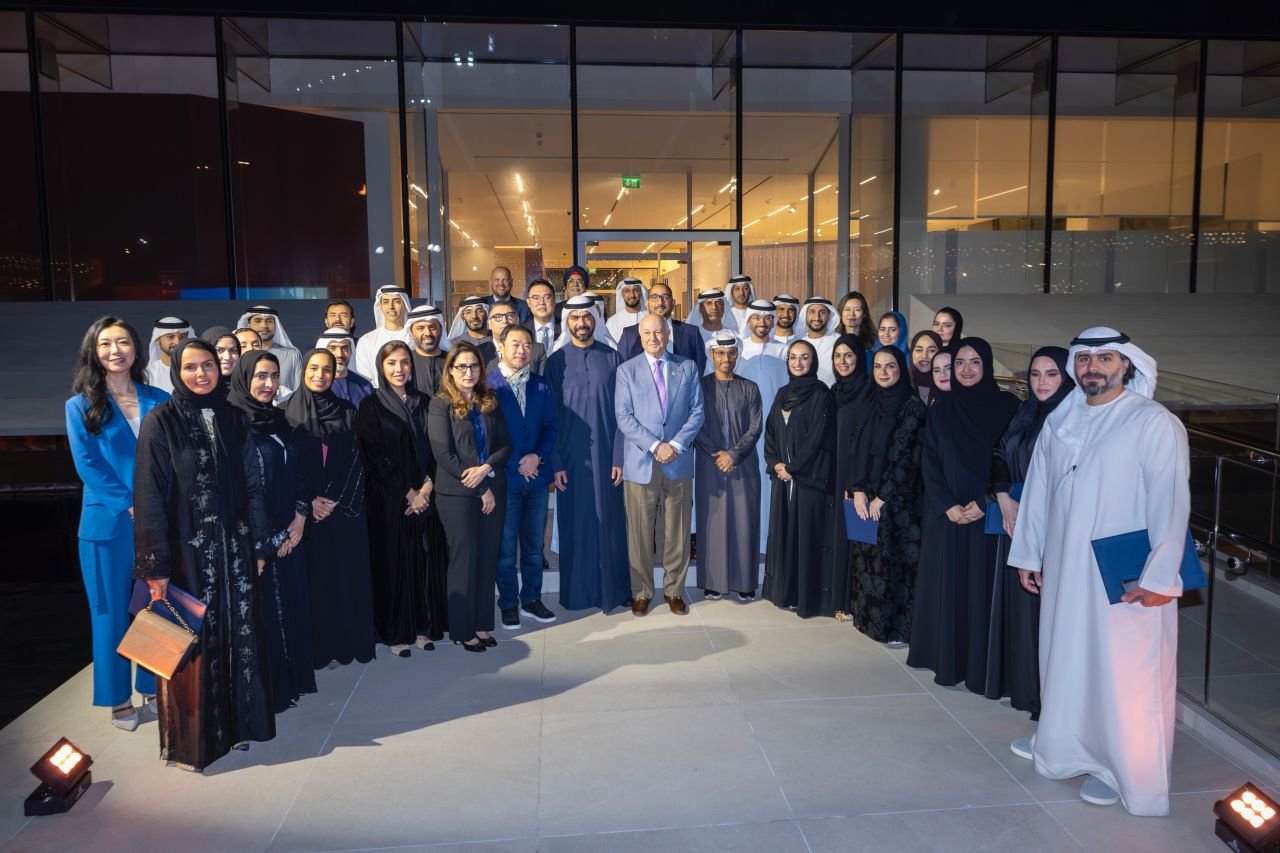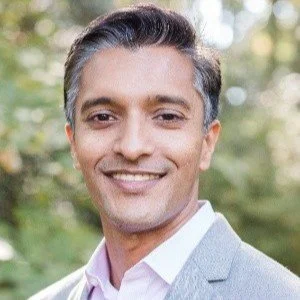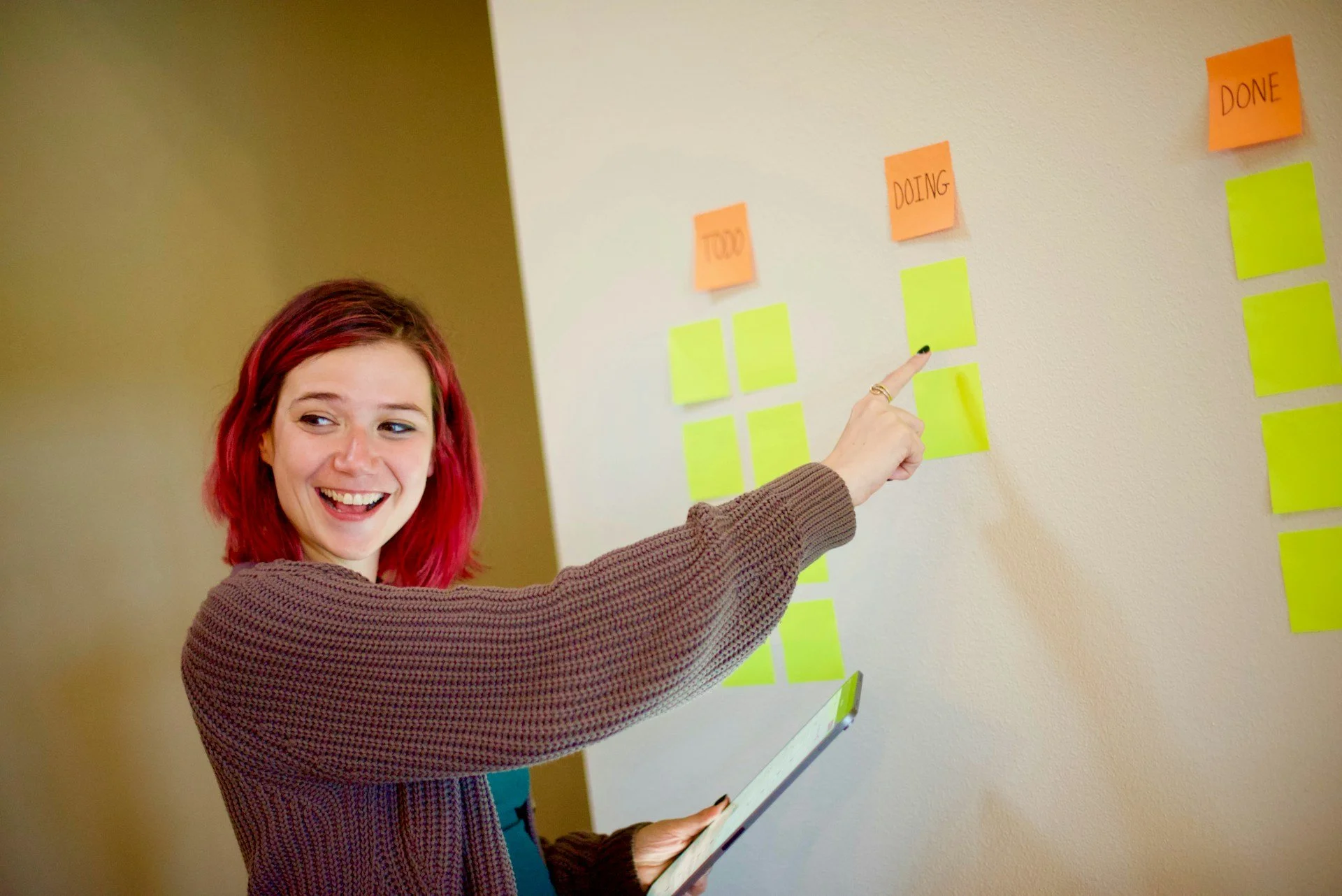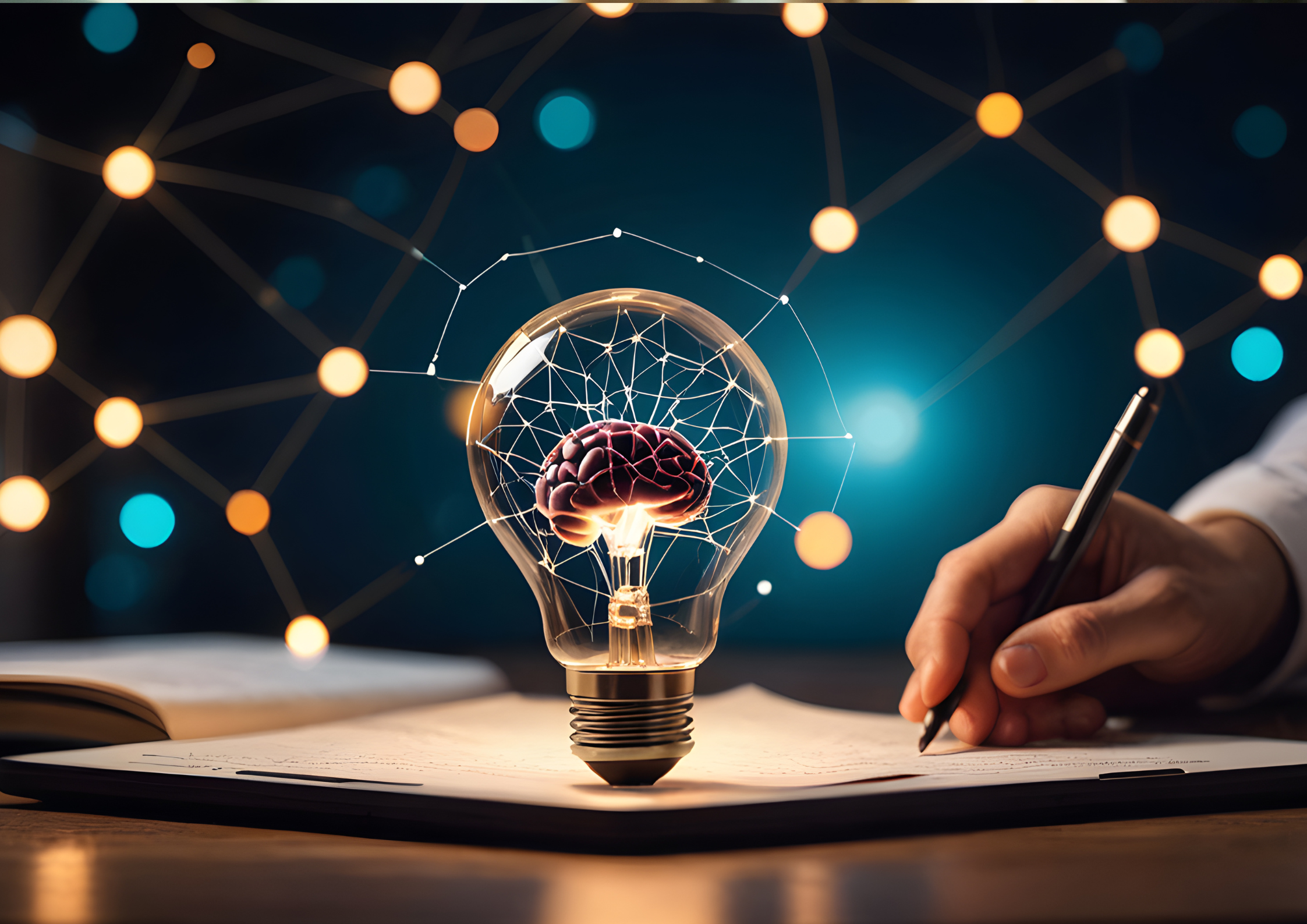University of Mary Washington launches new Center for AI and the Liberal Arts to explore GenAI’s societal impact
The Hurley Convergence Center, pictured, will deliver a course named AI and Society. Photo credit: The University of Mary Washington
The University of Mary Washington (UMW) has announced the launch of its new Center for AI and the Liberal Arts. The announcement was shared in a recent LinkedIn post by Anand Rao, Director of the Center and Professor of Communication and Digital Studies at UMW.
UMW is a public liberal arts university in Virginia, focused on combining traditional academic disciplines with digital innovation. The Center will act as a hub for research, teaching, and public engagement, focusing on generative AI and its broader societal implications.
Based on a liberal arts framework
According to the announcement, the Center aims to “integrate AI into UMW’s liberal arts framework, ensuring students not only develop technical skills but also critically examine the ethical, cultural, and societal dimensions of AI.” Programming will include interdisciplinary coursework, student research opportunities, public debates, and faculty training.
Initial events planned for fall 2025 include sessions on AI and the environment, AI and copyright, and a semester-long course titled AI and Society. The course will explore how generative AI intersects with education, career development, and ethical decision-making.
The Center will also host workshops and guest lectures, and support faculty research into AI’s impact across disciplines. Students will gain hands-on experience through chatbot development, augmented debates, and other applied projects.
Interdisciplinary approach and seed funding
Rao says the Center’s approach reflects the need for a broader understanding of AI across fields: “We’re not just preparing students for the classroom — we’re preparing them for the world beyond it, and that means preparing them for an AI-driven future.”
Rao is a recognized expert in AI and education and has spoken at international events including the AI & Big Data Expo and Ai4 Conference. His recent work includes a co-edited book on generative AI in education, and an upcoming publication on AI pluralism and explainability.
In his post, Rao thanked Donna and Steve Gladis, Ph.D., for their early support of the Center. Their $100,000 gift over five years will help fund programming and operations.
The Center will offer a one-credit course, Introduction to AI, for incoming and current students. In addition, DGST 301N: AI and Society will be available in person and online. It will combine technical exploration with critical discussion, and include real-world projects and guest speakers.

